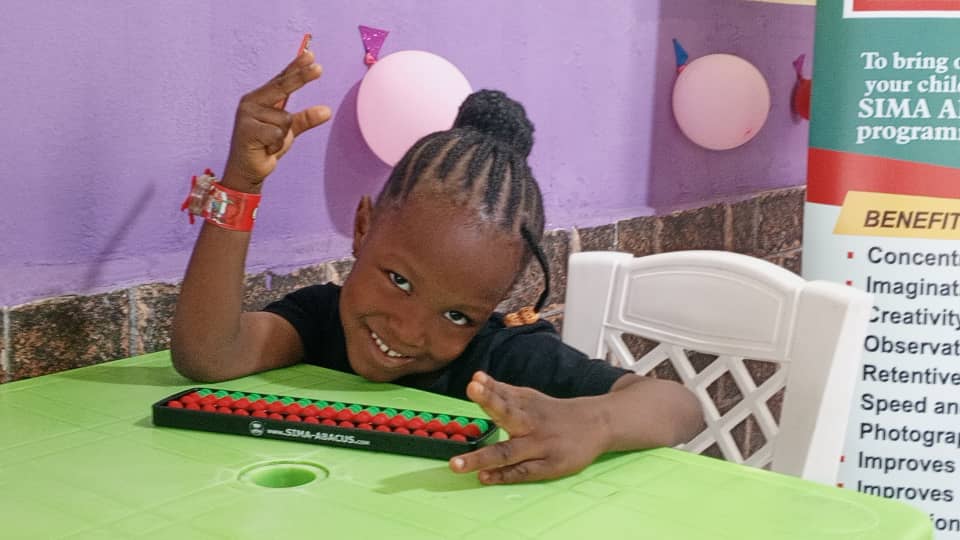In many Nigerian homes, “playing” is often seen as a distraction from serious learning. But the truth is, playing is part of serious learning.
Children who get enough time to play are more focused, creative and emotionally balanced — making academics easier, not harder.
Why Balance Matters
Too much study without play can lead to stress, burnout and a dislike for learning. On the other hand, too much play without structure can slow academic progress. The magic is in the middle ground.
Practical Tips for Parents
- Create a Routine: Allocate specific times for homework and for play.
- Integrate Play into Learning: Use board games, storytelling, or abacus practice as “fun learning.”
- Encourage Outdoor Play: Activities like football, skipping rope, or riding a bike help physical development.
- Avoid Overscheduling: Children need downtime to explore their own creativity.
What We’ve Learned at SIMA Abacus
We see the best results when children have a mix of structured lessons and free play. A child who spends 30 minutes learning on the abacus, then plays a logic-based game, will absorb knowledge faster than one who studies for hours without a break.
When academics and play are balanced, you’re not just raising a good student — you’re raising a happy, well-rounded child.

